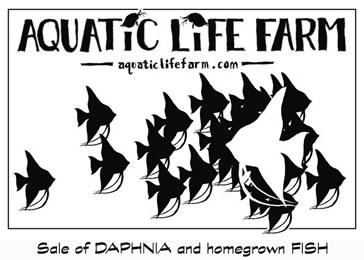Looks like a common snapping turtle to me, and they are native to this area. The differences between the two are less noticeable when they're babies.
We had hatchlings around here maybe 2-3 weeks ago, as evidenced by the flattened bodies in the parking lot. When they hatch they're about the size of a 50 cent piece, maybe a little smaller, so one this size is actually a few weeks old. When it rains they will sometimes try to move from one waterway to another. They will call ANYTHING home so long as they can find food there- drainage ditches, streams, lakes, ponds, etc.
When I was a kid we had some that a neighbor dug up as eggs while on a landscaping job. It's not a good idea to keep two together (the stronger one will bite the smaller one, which we foudn out the hard way) and they can be kept outdoors. We used to keep ours in an old clawfoot tub we'd set up as a water garden in the summer, and in a tank with a UV light in the winter. The UV light is important if kept indoors, as for any reptile, because they need vitamin D to absorb calcium from their food. If they don't get proper amounts of vitamin D they'll develop shell-rot and bone disease.
We had one of ours for a few years and finally released him in the ponds at Haverford College when he got about Eggo-sized and his attitude kicked in. No sooner had we dropped him in the pond than he was trying to bite toes off the ducks and geese - very funny to watch.


